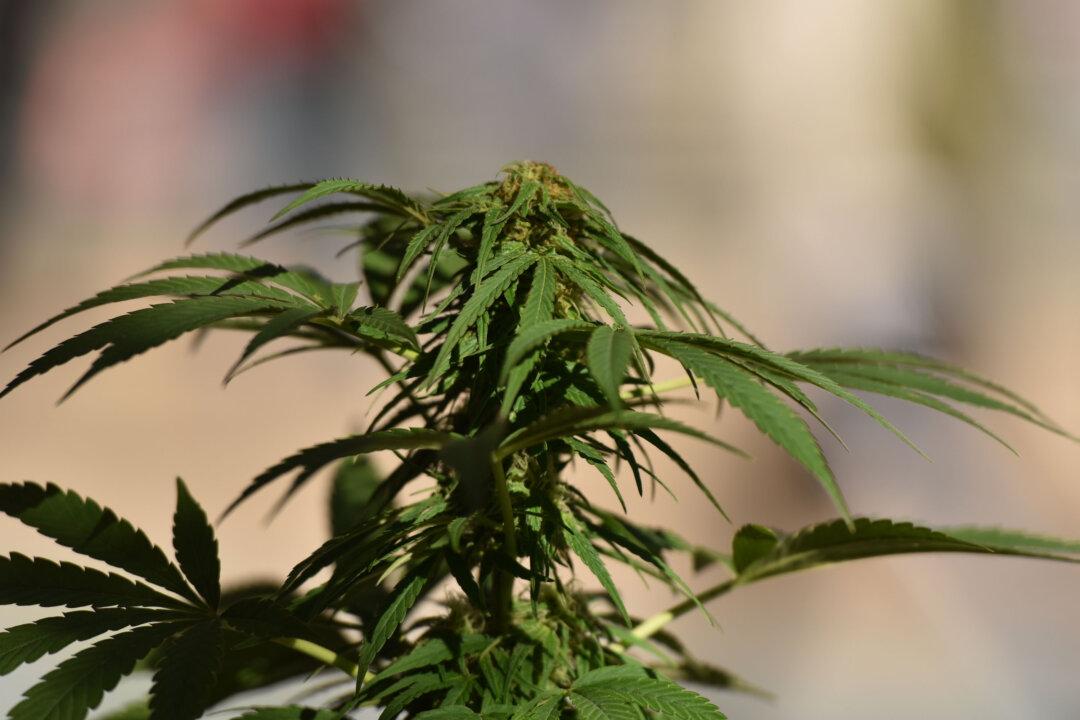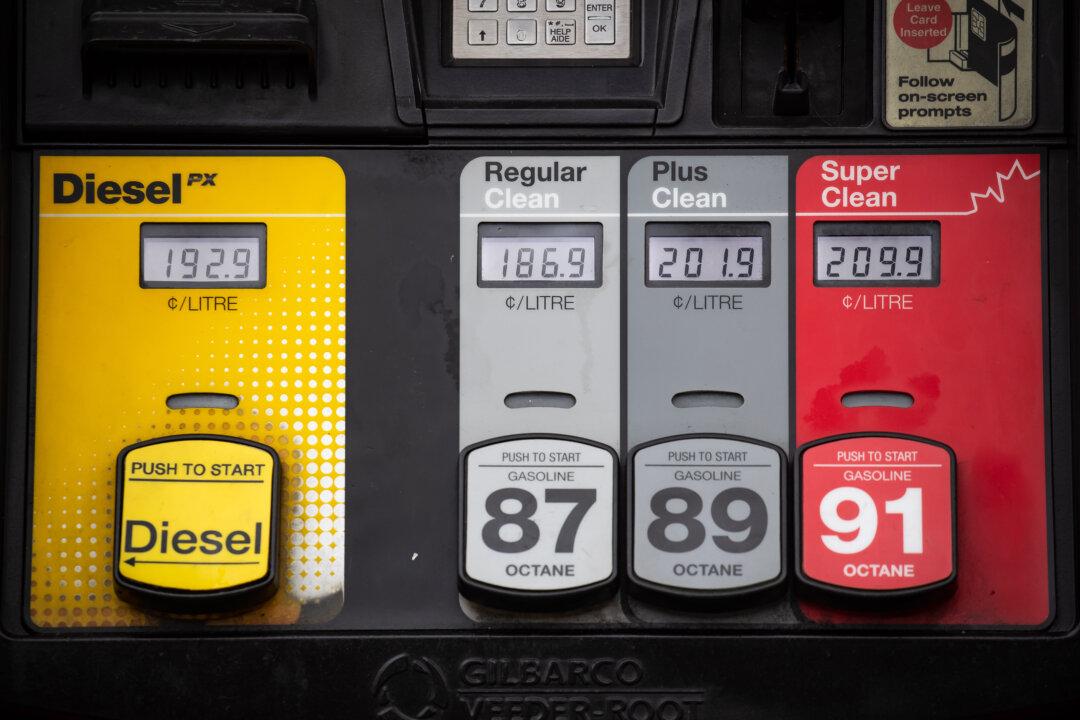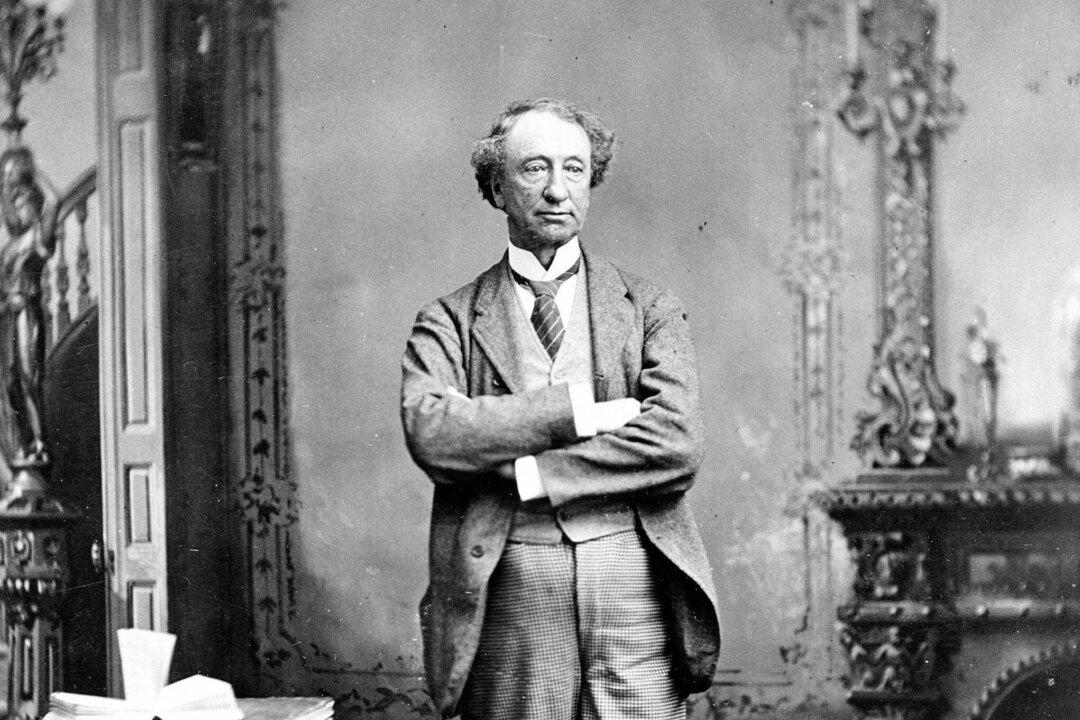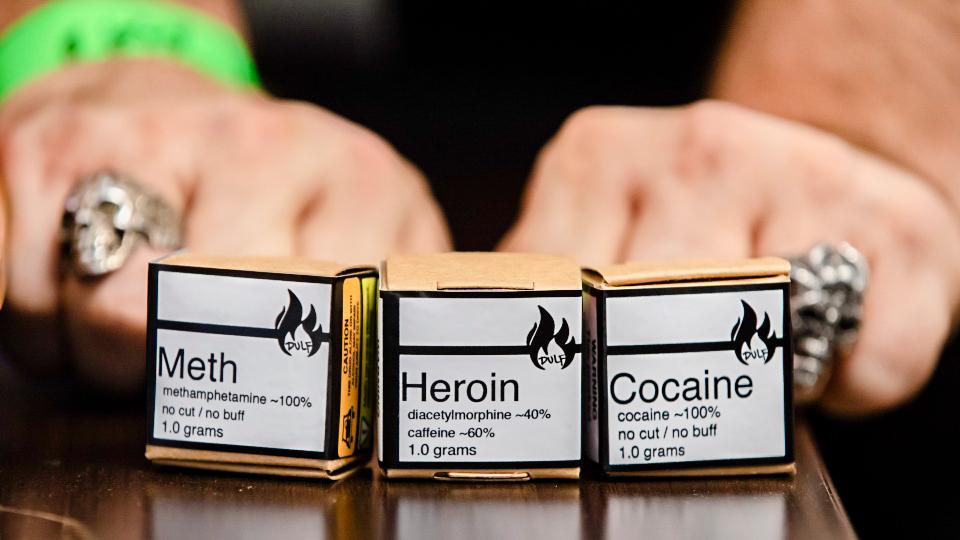Illegal marijuana dealers continue to be a danger to the public despite the sale of recreational cannabis being legalized in 2018, a Department of Health panel told Parliament this week.
Criminal activity involving the illicit sales of marijuana remains a major problem, the expert panel said in its legislative review of the 2018 Cannabis Act, as first reported by Blacklock’s Reporter. The panel’s report found that criminal activity surrounding the sale of the drug remains an issue, despite the 95 percent decrease in the number of marijuana possession charges between 2017 and 2022.
The report, which is part of a $1 million statutory review of the 2018 law, was authored by a panel consisting of University of Toronto Professor Peter Selby, criminal lawyer Lynda Levesque, University of Montréal Professor Patricia Conrod, Queen’s University Associate Professor Oyedieji Ayonrinde, and former Trudeau Foundation CEO Morris Rosenberg.
A particular concern highlighted by the report is that organized criminal networks may be using marijuana sales to fund more serious criminal activity such as the trafficking of other illegal items, including firearms.
Statistics Canada reported earlier this year that gun crime had increased by 8.9 percent from 2021 to 2022 for a rate of 36.7 firearm-related crimes per 100,000 people and noted that the province of Ontario, particularly the city of Toronto, was the main driver for the increase.
Statistics from the Toronto Police Service indicate that gun violence may be on the rise in the city, with nine people killed and 26 injured so far this year compared to one death and 22 injuries during the same period in 2023.
Along with organized crime and criminal gangs, the review noted the prevalence of illegal storefronts operating on First Nations reserves as well as unauthorized online retailers as an ongoing issue.
The panel said law enforcement has had some success in operations against the illegal import and export of cannabis products, but added there has been “limited law enforcement action” to address illicit cannabis sales within Canada.
“The absence of consequences, or any fear of consequences, will lead criminal actors to continue their activities, resulting in harm to individuals and communities,” the report stated.
The panel recommended law enforcement focus on addressing illicit sales and collecting information to determine what motivates consumers to purchase from illegal sources, rather than legal vendors. Police should also provide information about potential health risks of illegal products to consumers, the panel said.
Canadian marijuana businesses have been struggling for years with at least 34 marijuana businesses declaring bankruptcy since 2020. Government regulations and taxes were major contributing factors, the report found. One corporation, Canopy Growth, laid off 800 workers last year due to long-term corporate growth issues.
Health Canada responded to the trend by saying it would look for feedback from the industry to possibly relax some regularity practices and make regulation more efficient.
Price is also noted as a possible factor for consumers turning to illegal sources, but the Department of Health panel said lowering prices at legal vendors could encourage more consumption.
The panel has previously noted in its “What We Heard” report published last October, that as many as 40 percent of young adults aged 20 to 24 report that they have used cannabis products in the last 12 months and that of those aged 15 or older, 22 percent had used the drug in the last year, an increase of 2 million people overall since 2017.
Statistics Canada has reported similar figures, with the agency’s 2023 national cannabis survey indicating that more than one-third of Canadian adults aged 18-45 used cannabis within the last 12 months.
Despite the age for legal cannabis sales being set at 19, the What We Heard report also indicated that four in 10 students from grades 7 to 12 reported that cannabis was easy to procure, although most were likely to obtain the drug through illegal means, rather than legal storefronts.
Health impacts on children using marijuana are also a concern, according to the Canadian Medical Association Journal. The publication has previously said that legalization of marijuana has led to more children ending up in hospital due to cannabis-related issues.
Alongside the growing use of cannabis, a study published last year found evidence the use of other drugs, such as cocaine and methamphetamine, are also on the rise after wastewater was examined in seven major Canadian cities.





